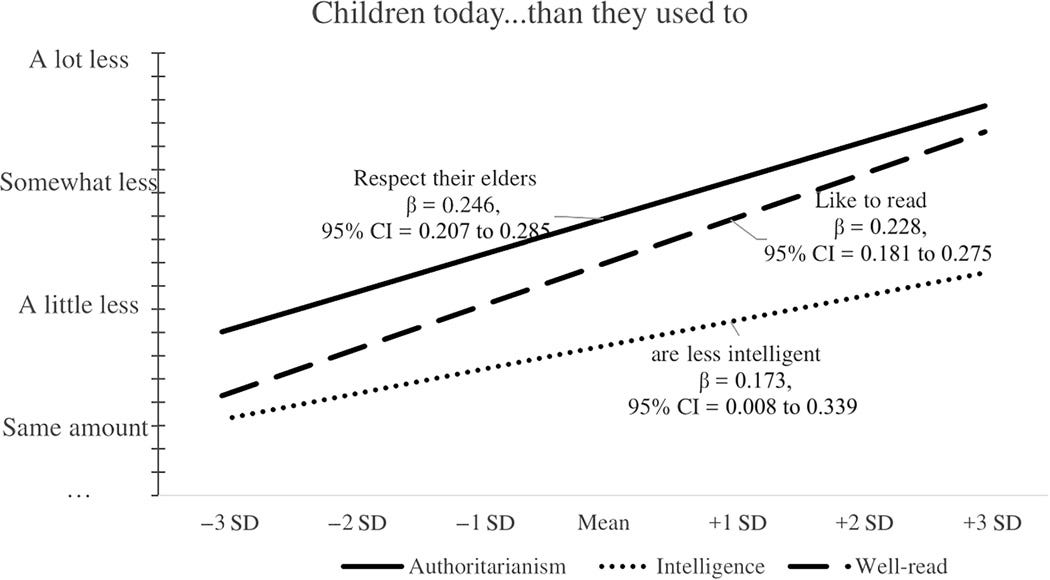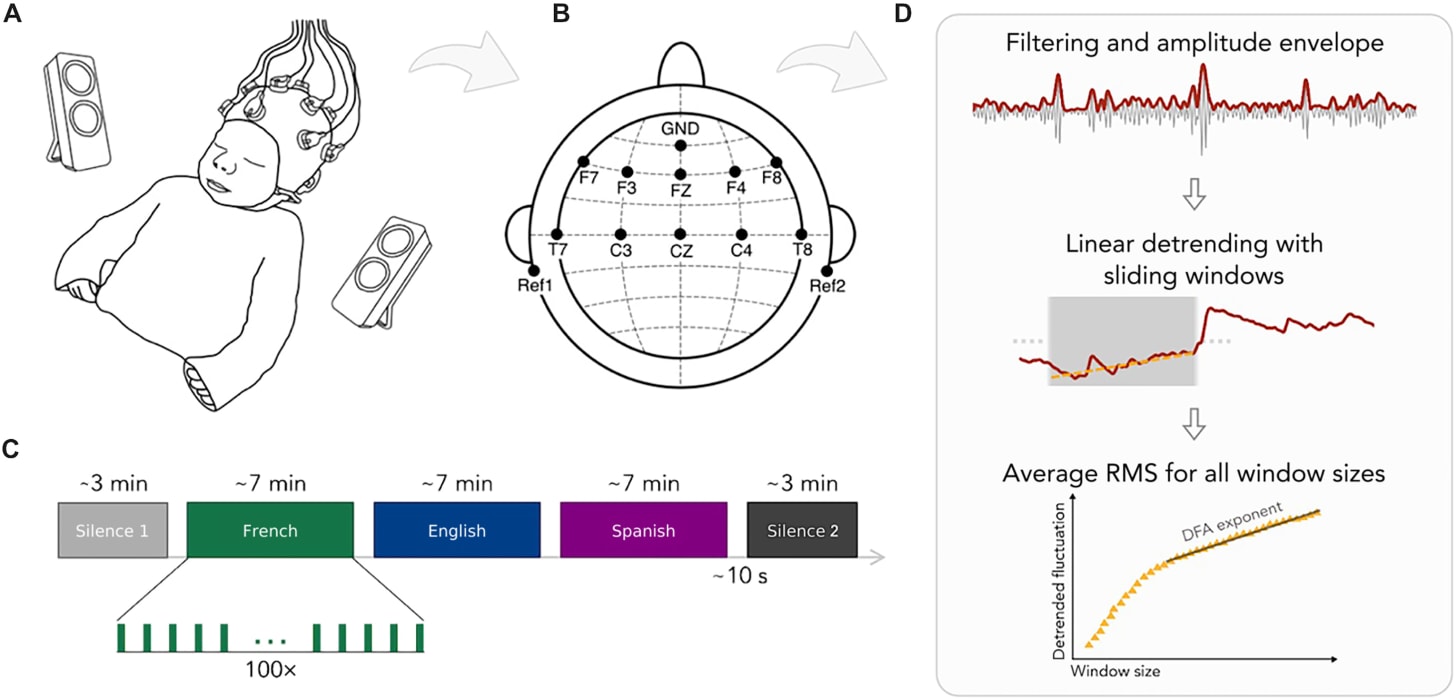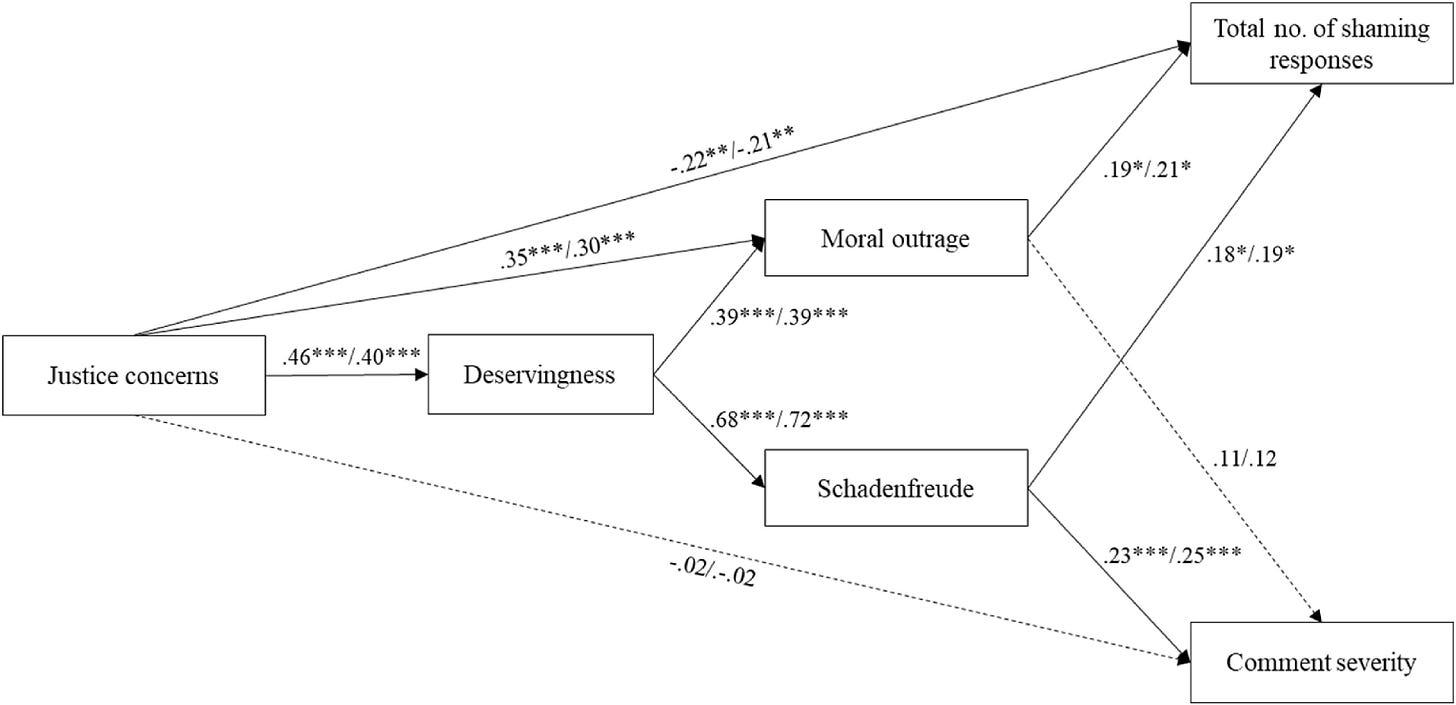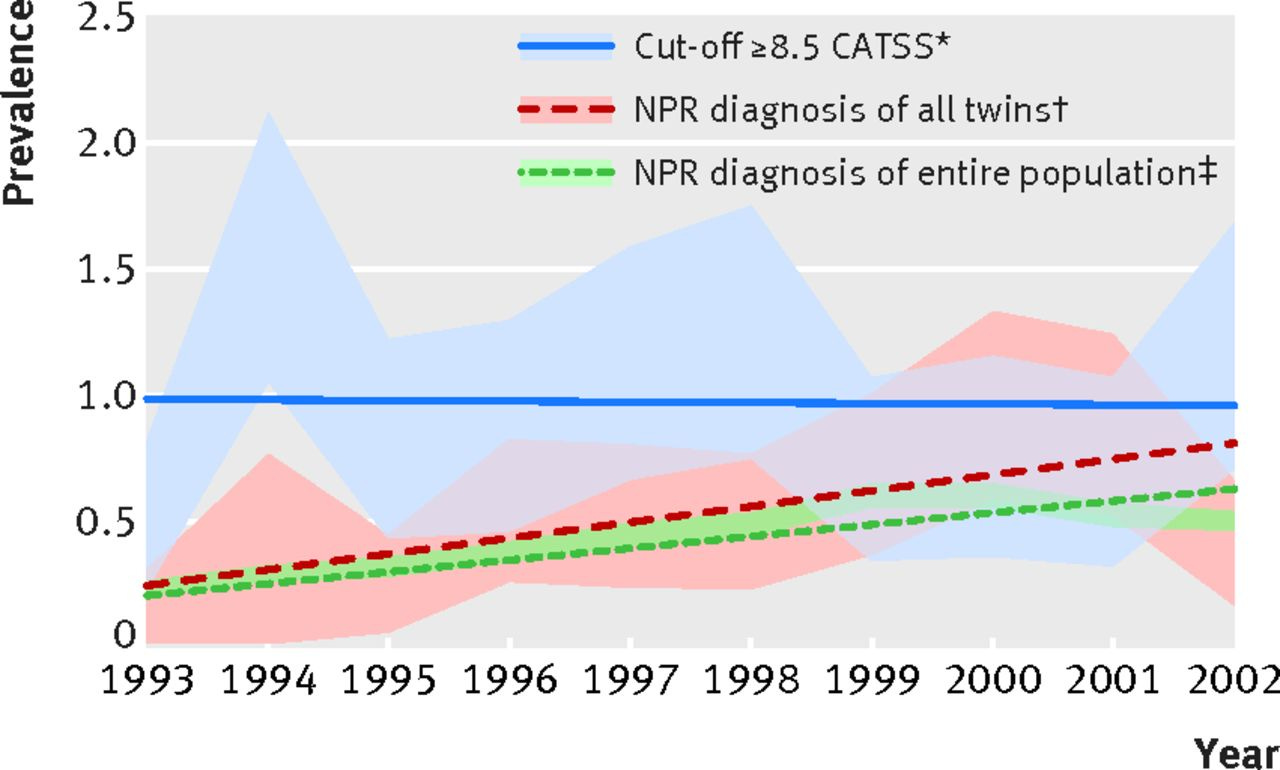Invisible Tigers, a New View of Autism, and the Gender-Equality Paradox
The Nature-Nurture-Nietzsche Linkfest for September 2025

Welcome to the September 2025 edition of the N3 Newsletter Linkfest: my monthly roundup of papers and articles that caught my eye over the past few weeks. On the menu today…
Why every generation complains about the “kids these days”
The real causes of autism
A neat trick for distinguishing evolved sex differences from purely cultural ones using the gender equality paradox: the surprising finding that sex differences are often larger, rather than smaller, in more gender-equal nations
The latest research on the greater male variability hypothesis
Persuasion tactics that work on AIs
You can access the complete collection of Linkfests here.
The Kids-These-Days Effect
Every generation thinks the younger generation is going to the dogs - a tendency that traces back to at least 624 BCE. A fascinating study explores where this perception comes from, and finds two main culprits. The first is that people view youth as lacking in areas where they themselves score high: Authoritarians, for example, think youth are less respectful of their elders, whereas smart people think youth are less intelligent (see the graph below). The second culprit is the tendency to project one’s current qualities onto one’s former self, thus underestimating the resemblance between us then and them now. [Link.]

Lottery Winners Show Poverty Doesn’t Cause Crime
Poverty has no causal impact on crime, according to research by David Cesarini and colleagues. To explore the issue, the researchers looked at the effect of winning the lottery on criminal tendencies: as close to a randomized controlled trial as you can get in this domain. The verdict? A sudden influx of cash has no consistent impact on people’s criminal tendencies. To be clear, crime and poverty are correlated. But rather than poverty causing crime - or crime causing poverty - both may be caused by the same underlying personality traits. [Link.]
Growth Mindset Strikes Out Again
A new meta-analysis concludes, yet again, that growth mindset interventions basically don’t work. To be fair, some studies do find an effect. However, the better a study is, the more likely it is to find nothing. On top of that, the literature on the topic is compromised by publication bias: Positive findings are more likely to find their way into print than dull null ones, distorting the scientific picture of the interventions’ effectiveness. The authors conclude that “It is therefore not advisable for schools, school districts or governments to allocate significant time or resources to the implementation of growth mindset interventions for school-age students, as the anticipated outcomes are likely to be either null or very modest.” [Link.]
Why Orange Is the New Green (for Tigers)
Why are tigers so conspicuously colored? Doesn’t it give them away to prey? Well, they’re conspicuous to us, with our trichromatic vision. But the species they typically hunt have dichromatic vision, and can’t distinguish orange from green. To them, tigers are well camouflaged! [Link.]

Learning Before We’re Born
Babies start learning language in the womb, according to a very cool 2023 study. The evidence? EEG scans of newborns’ brains show more activity in response to the language the baby was exposed to in utero than to other languages. [Link.]

Why Calling People Out Feels Good
When it comes to shaming people online, schadenfreude is often a bigger motivator than moral outrage. In other words, pile-ons are often less about making the world a better place than getting a sadistic kick from another person’s suffering. [Link.] HT Koenfucius

What Causes Autism?
Autism has been in the news a lot lately, so here’s a quick rundown of what the science says about its causes. The graph below shows two things. First, autism is highly heritable. It’s largely due to genes. Second, the relative influence of genetic vs. environmental causes hasn’t changed since the 1980s. This suggests that the increase in autism rates over that period isn’t driven by an increase in the environmental causes of autism. [Link.]

Is Autism Getting More Common?
It’s not. As the next graph shows, autism diagnoses have increased, but autistic symptoms are no more common. The increase in diagnoses is partly due to increased awareness of the syndrome, and partly due to relaxed diagnostic criteria. [Link.]



